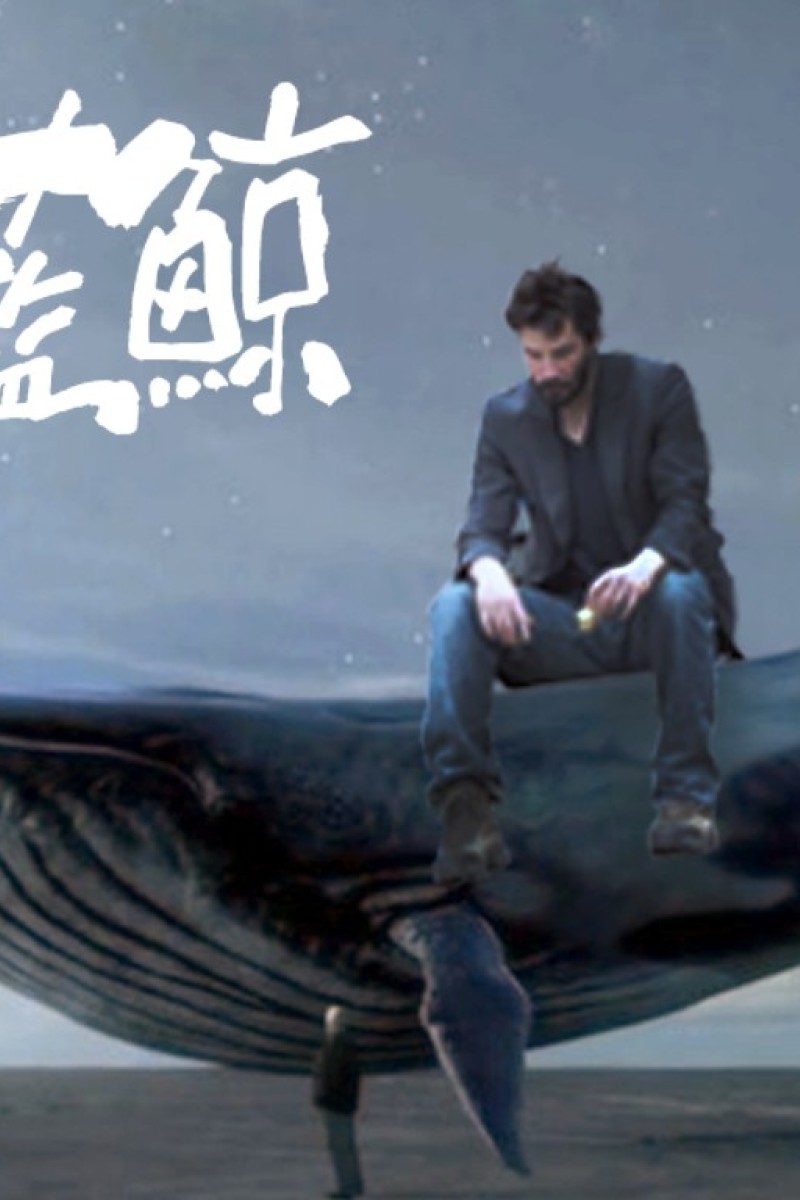
Listen to this article
There’s a dangerous online self-harm challenge circulating social media – and Hong Kong-based Association for Preventing Youth Soc-icide is ready to hijack it
By Ben Pang
|
Published:
Sign up for the YP Teachers Newsletter
Get updates for teachers sent directly to your inbox
By registering, you agree to our T&C and Privacy Policy
Sign up for YP Weekly
Get updates sent directly to your inbox
By registering, you agree to our T&C and Privacy Policy